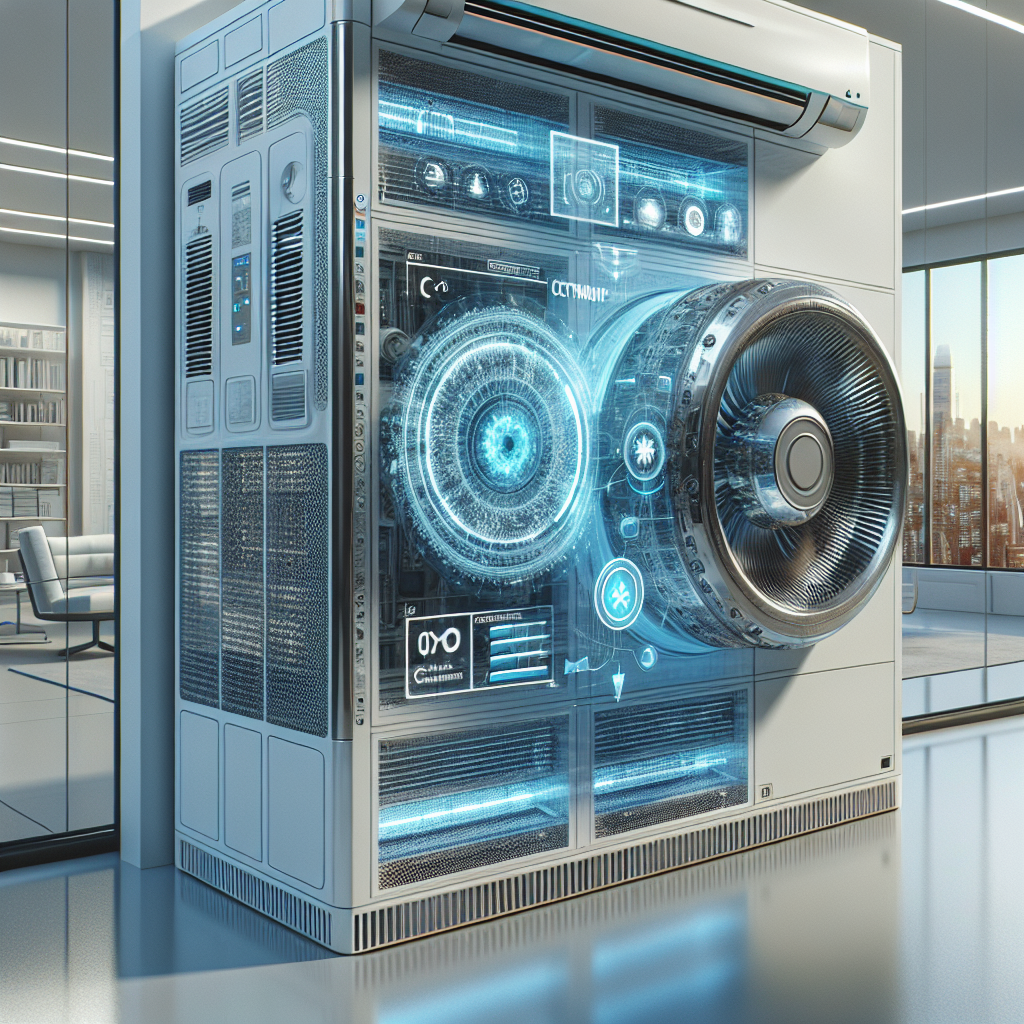As the world continues to grapple with the effects of climate change, the importance of efficient and sustainable air conditioning technology has never been more pronounced. With temperatures rising around the globe, the demand for cooling systems is only expected to increase in the coming years. So what can we expect from the future of air conditioning technology?
One of the most significant advancements in air conditioning technology is the development of more energy-efficient systems. Traditional air conditioning units can be extremely energy-intensive, leading to high electricity bills and increased carbon emissions. However, new technologies such as variable refrigerant flow (VRF) systems and inverter-driven compressors are helping to reduce energy consumption and lower operating costs. These systems are able to adjust their output based on the specific cooling needs of a space, resulting in improved efficiency and performance.
Another key trend in air conditioning technology is the integration of smart and connected features. With the rise of the Internet of Things (IoT), air conditioning systems can now be controlled and monitored remotely through smartphone apps or other devices. This allows users to adjust settings, monitor energy usage, and receive maintenance alerts, all from the palm of their hand. Additionally, smart technology enables systems to learn and adapt to users’ preferences, optimizing comfort levels while minimizing energy waste.
In terms of sustainability, the future of air conditioning technology is also focused on reducing environmental impact. This includes the use of eco-friendly refrigerants that have a lower global warming potential (GWP) than traditional refrigerants like R-22. Additionally, advancements in heat pump technology are enabling air conditioning systems to provide both heating and cooling functions, further reducing energy consumption and carbon emissions.
Furthermore, innovations in air filtration and purification are becoming increasingly important in the wake of the COVID-19 pandemic. As indoor air quality becomes a top priority for building owners and occupants, air conditioning systems are being equipped with advanced filters and UV-C light technology to remove airborne pathogens and improve overall air quality.
Overall, the future of air conditioning technology is focused on efficiency, sustainability, and comfort. With advancements in energy-saving technology, smart features, and environmental responsibility, the air conditioning systems of tomorrow are poised to provide a more comfortable and sustainable indoor environment for all. As we continue to push the boundaries of innovation, the possibilities for the future of air conditioning technology are truly limitless.


Leave a Reply